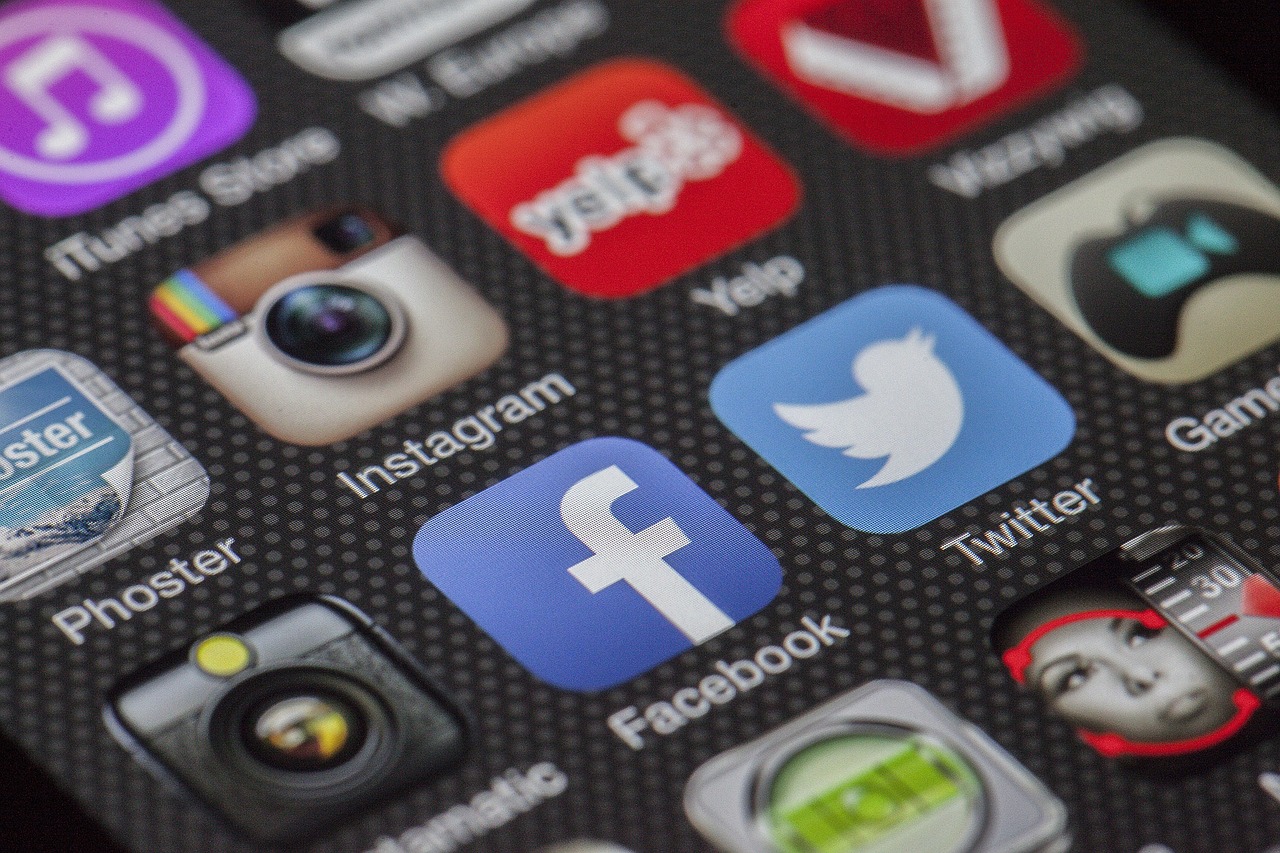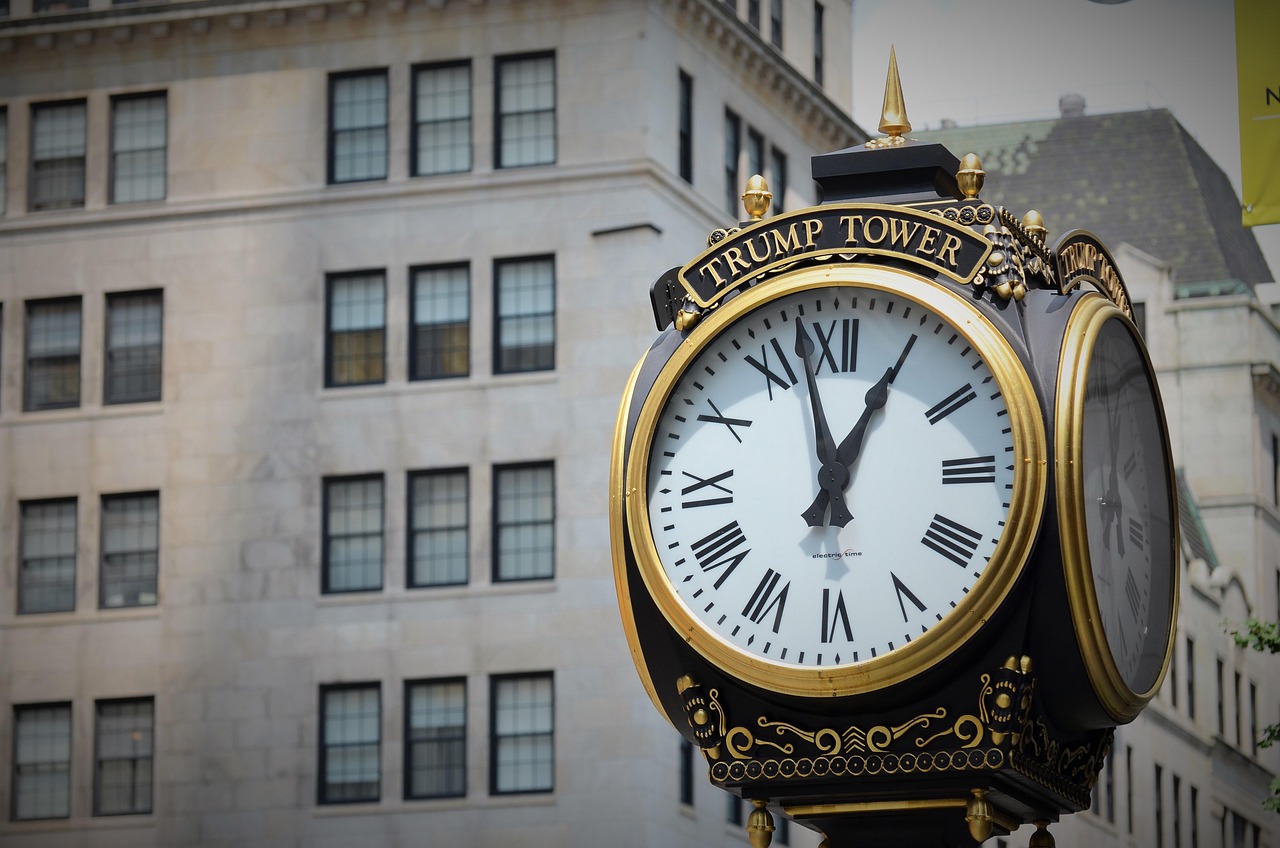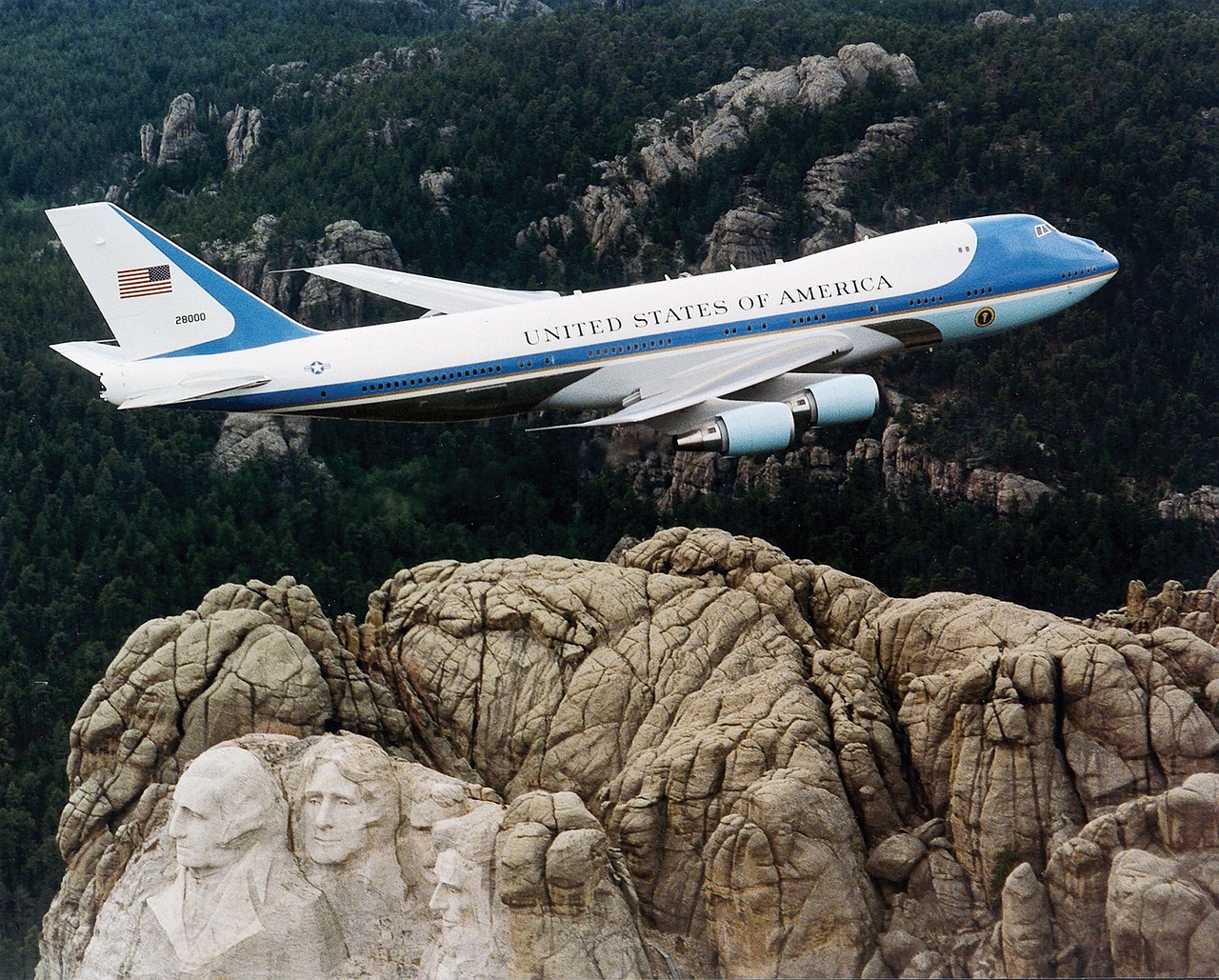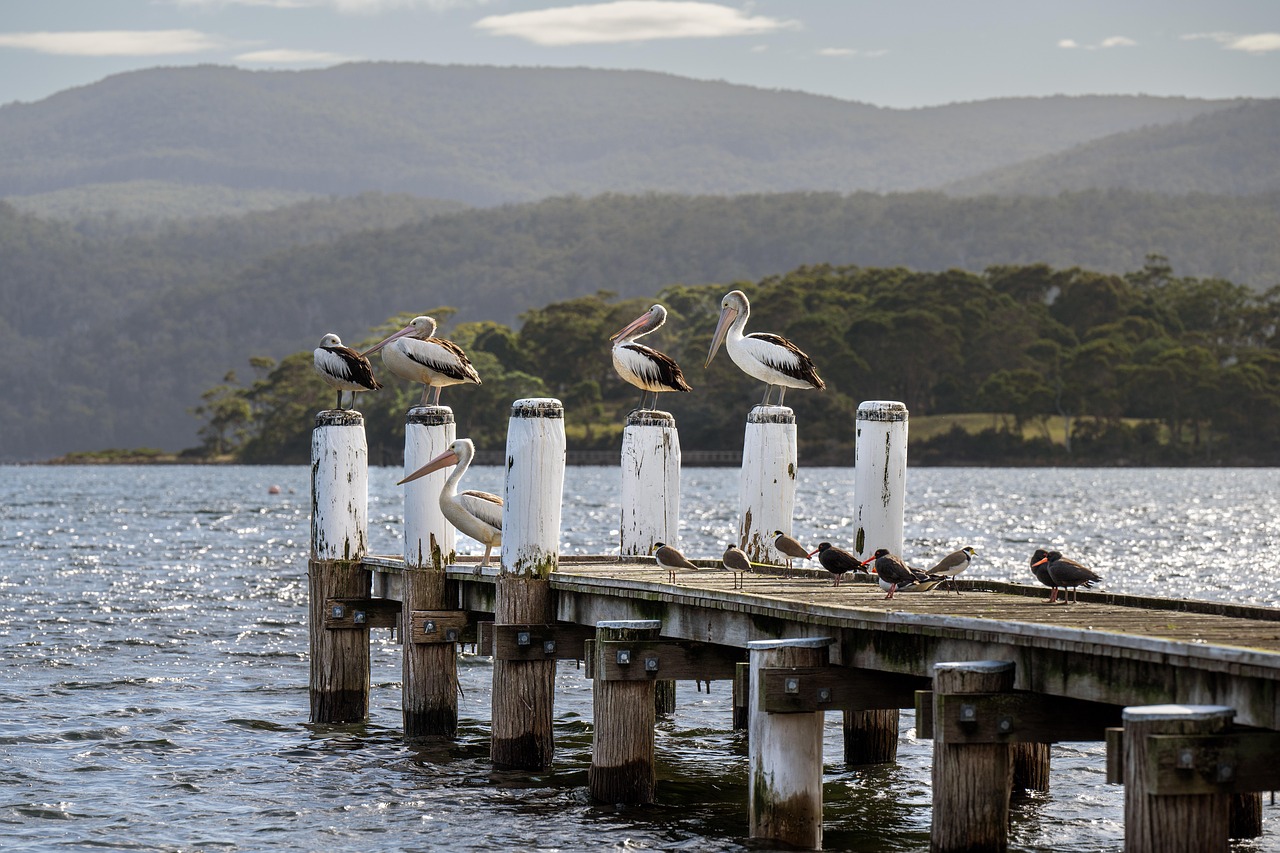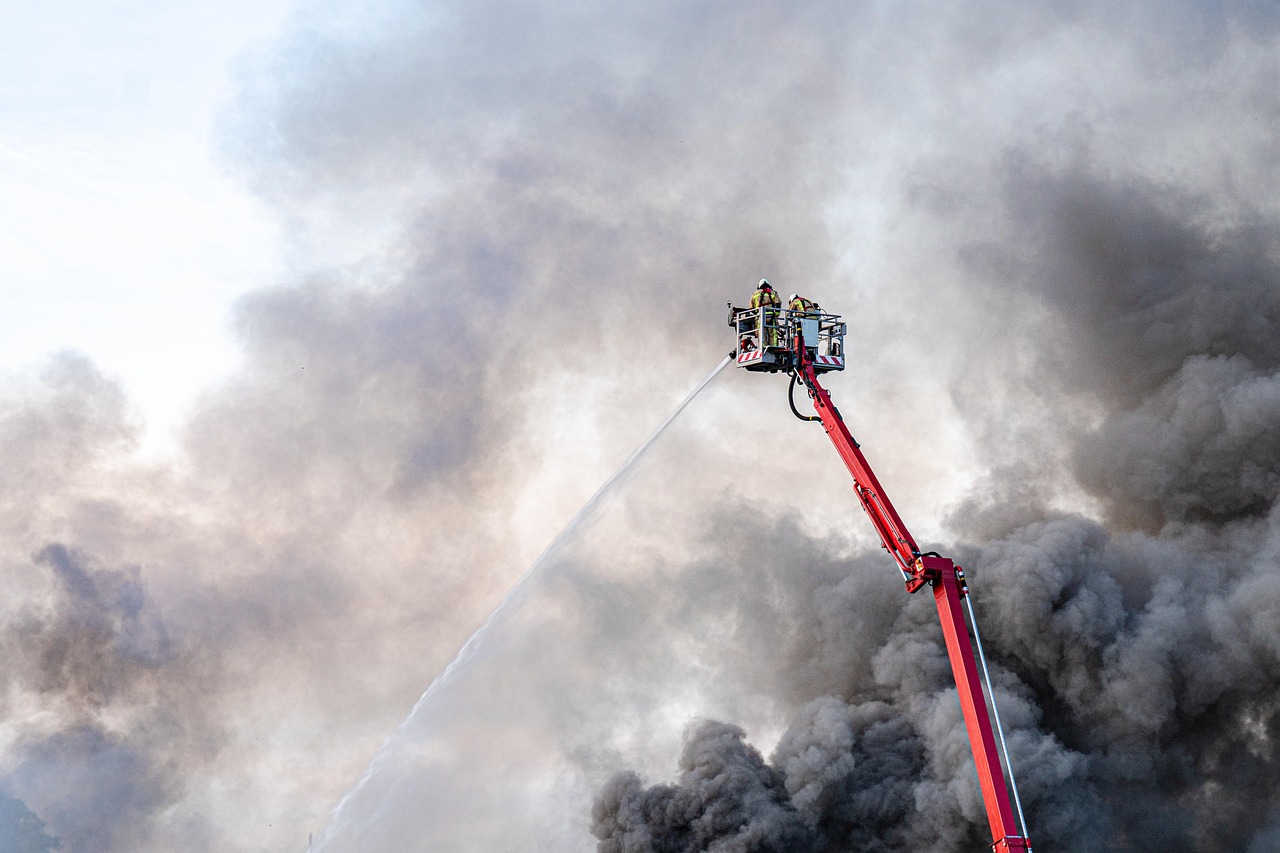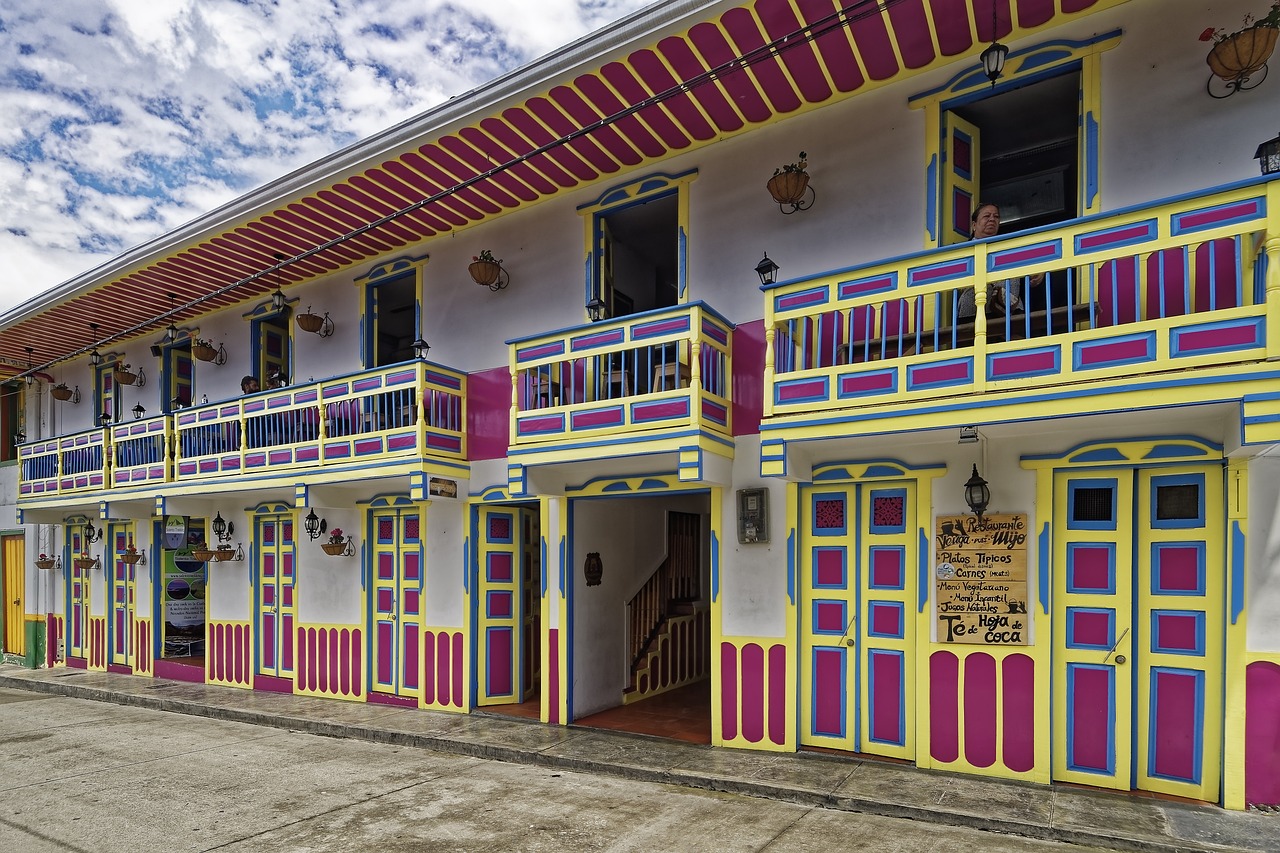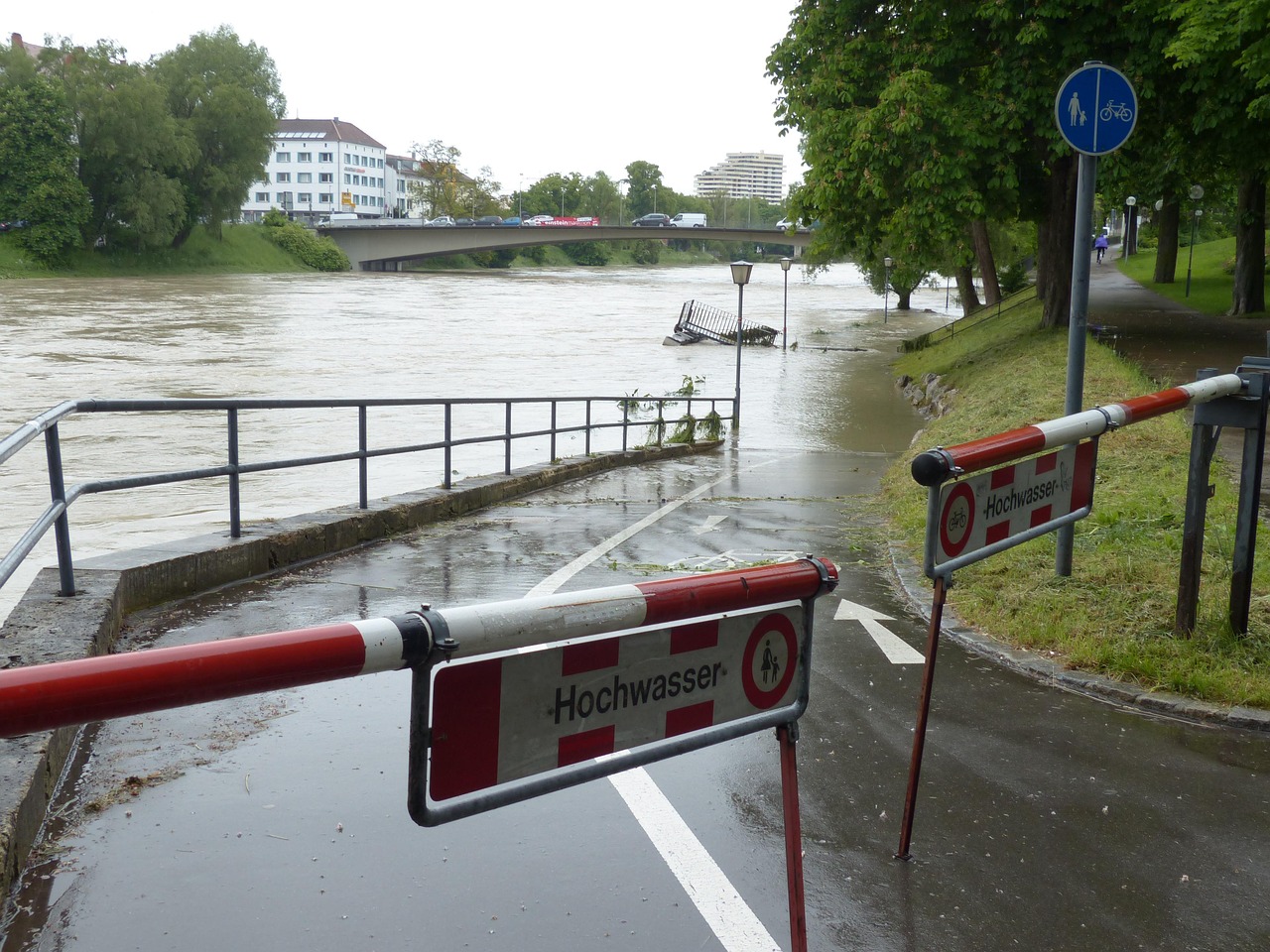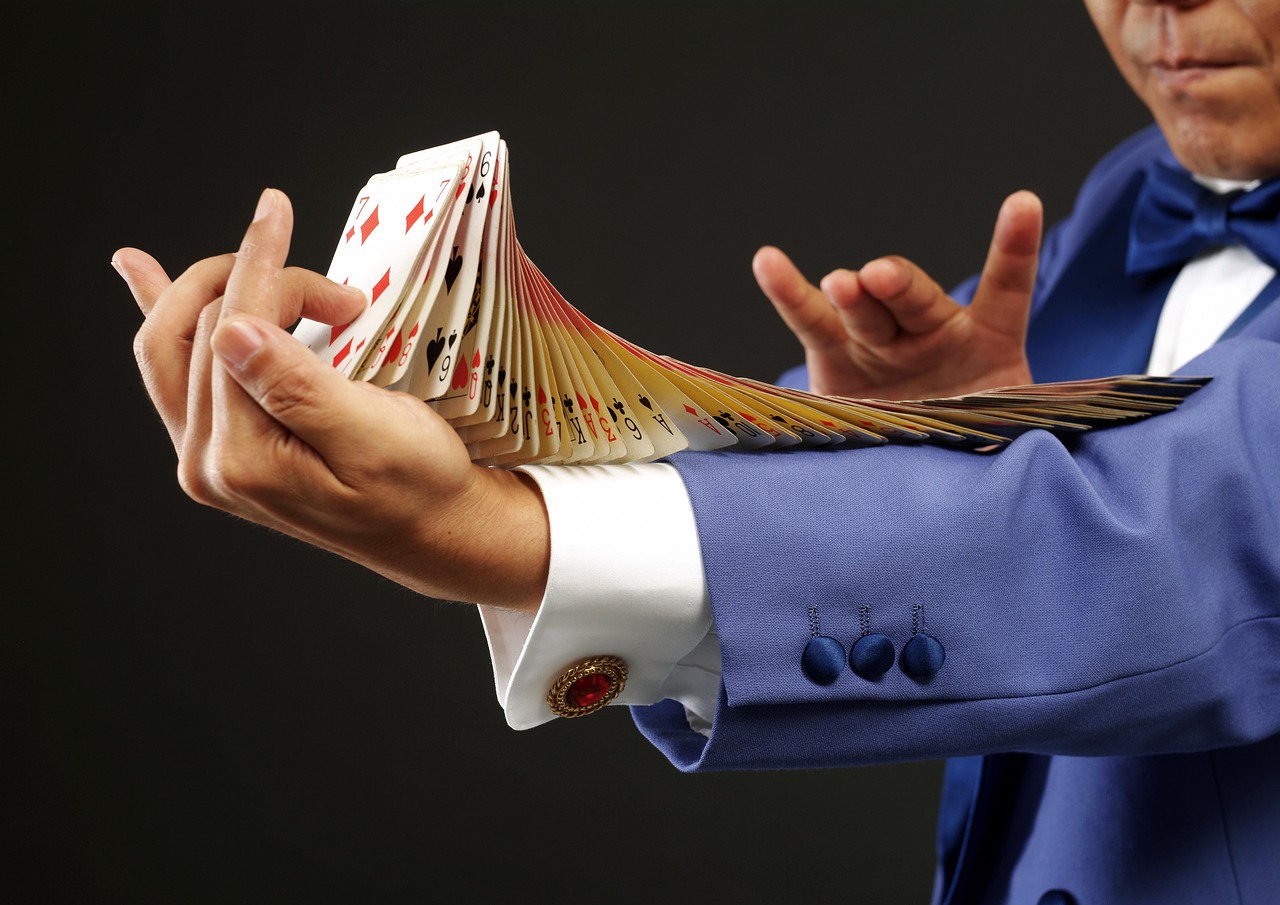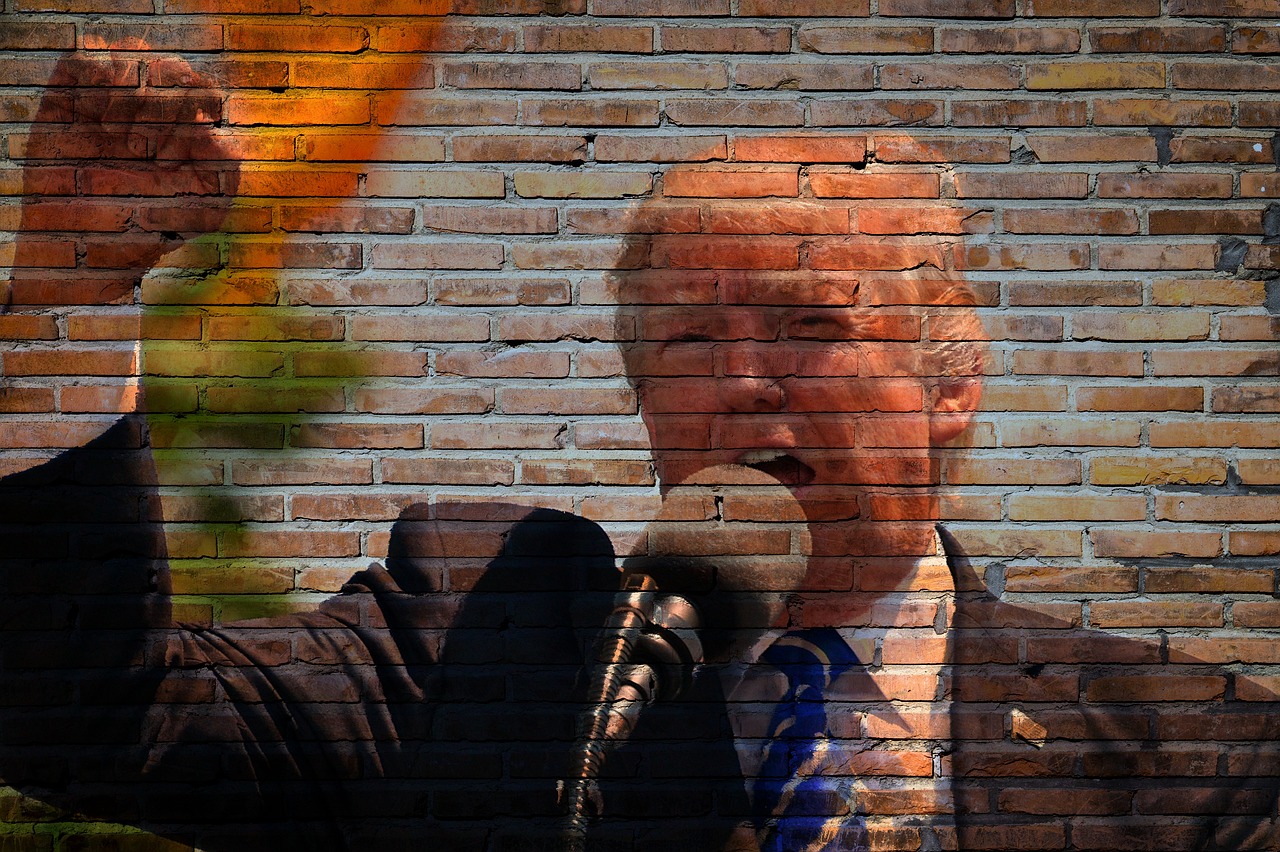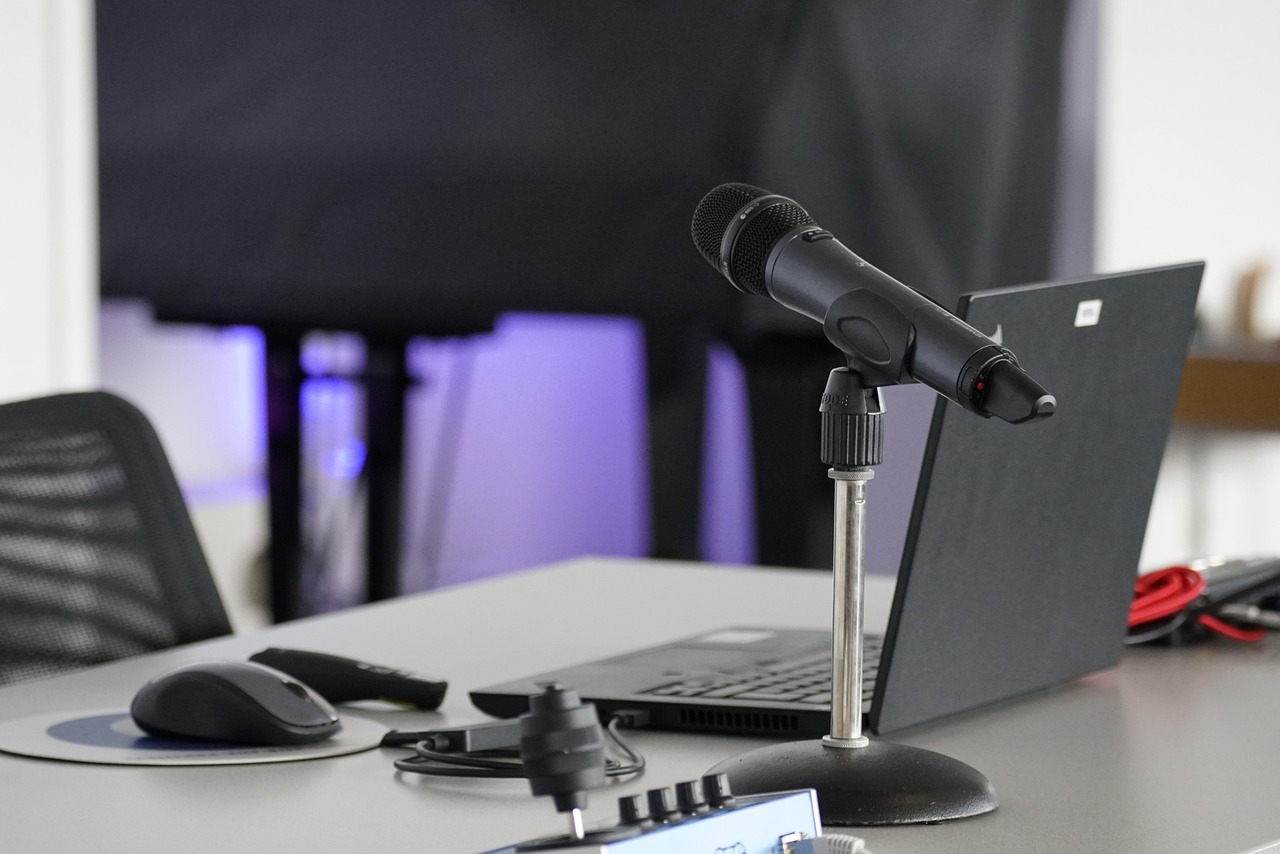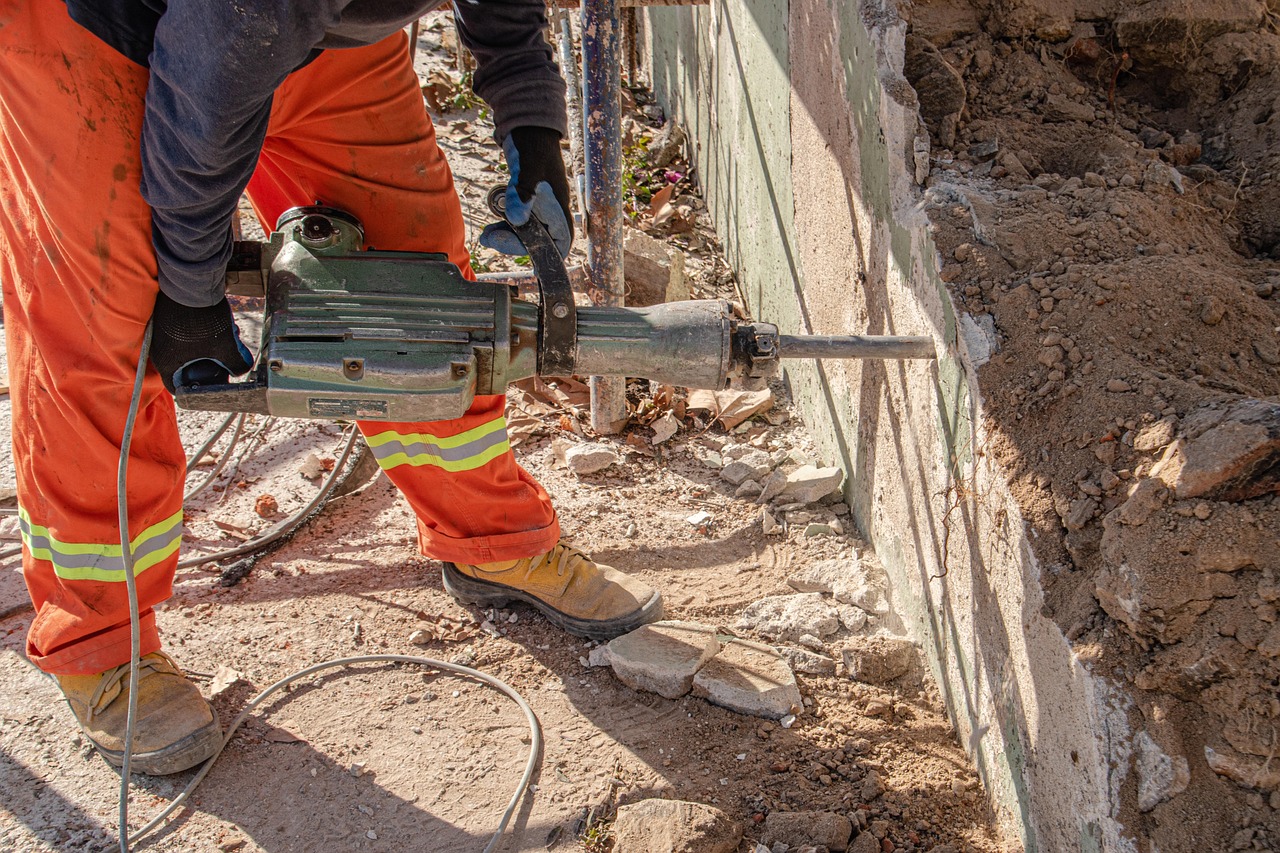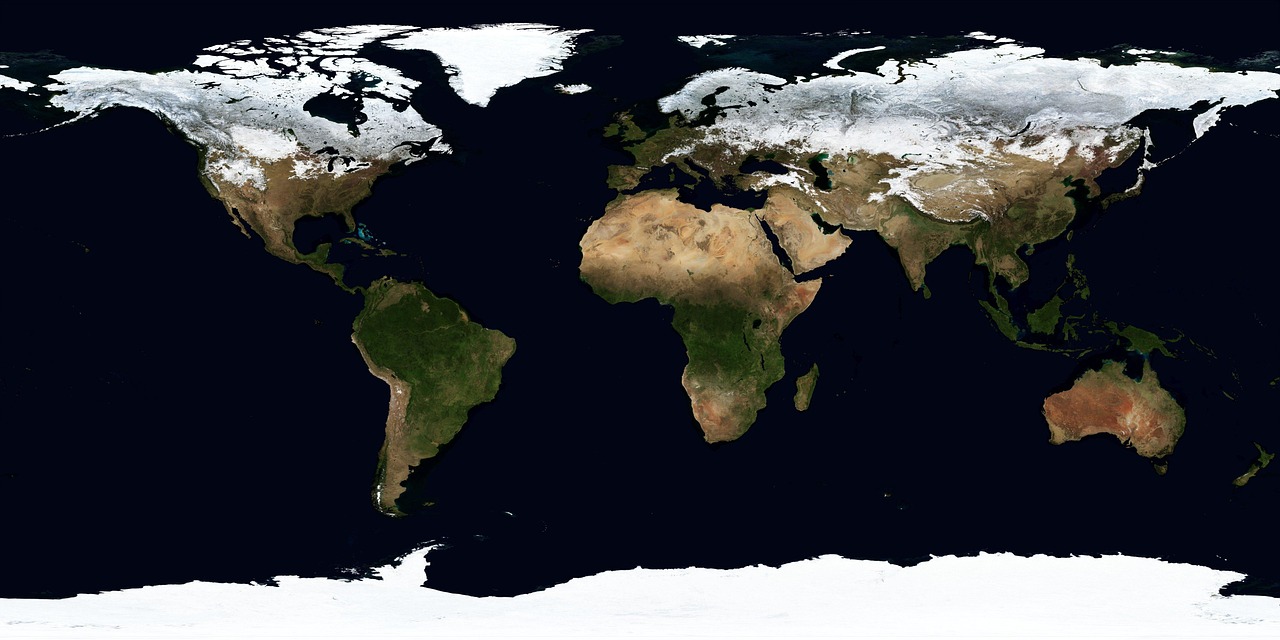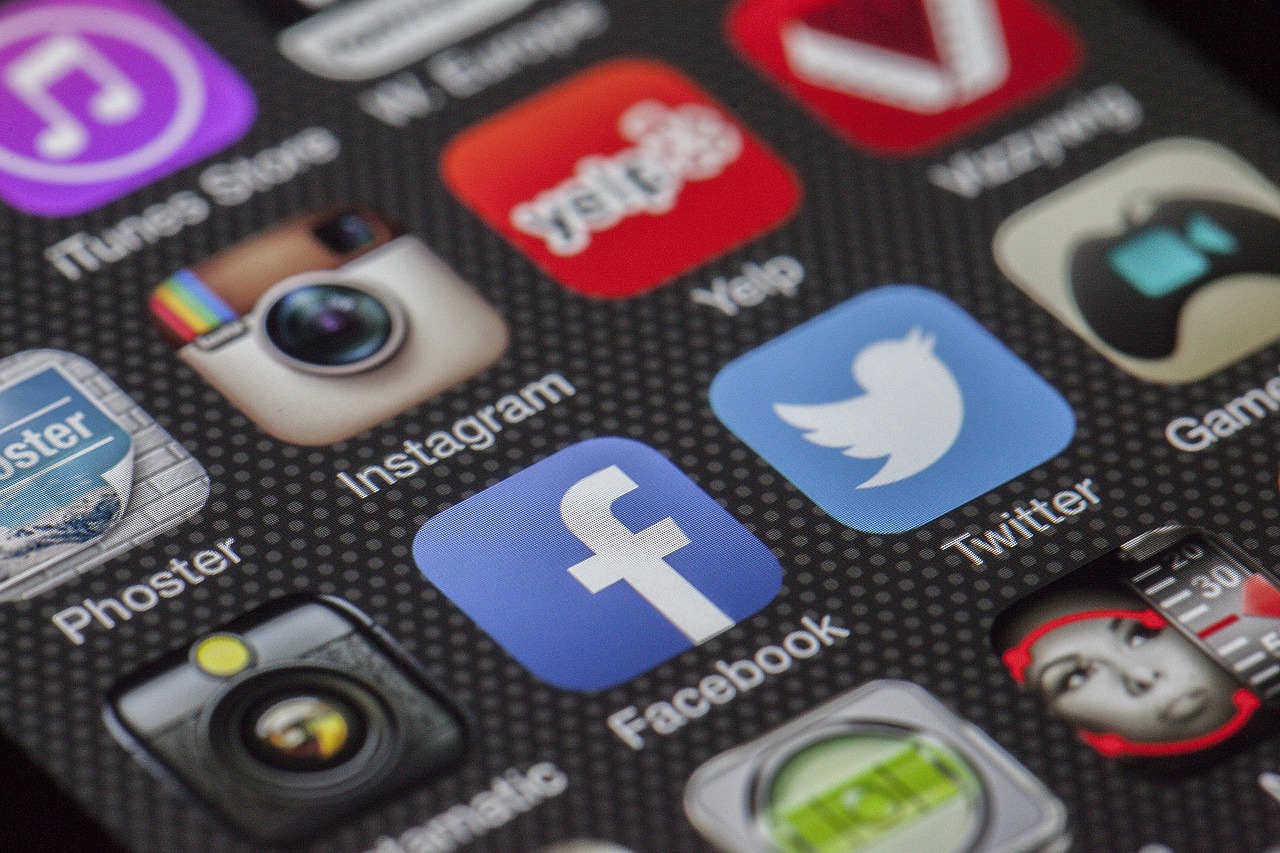
Trump Praises Liberian President Boakai’s “Beautiful” English at White House Meeting ⇒ Status Quo Disruptors → Acceleration
Trump’s Misunderstanding of Liberia
In a recent meeting with Liberian President Joseph Boakai, President Donald Trump exhibited a notable lack of awareness regarding Liberia’s historical and cultural ties to the United States. During their discussion, Trump praised Boakai’s English language skills, remarking on how “beautiful” and “good” his English was without acknowledging that English is the official language of Liberia. This misunderstanding has sparked a wave of criticism and mockery on social media, highlighting a broader issue of historical ignorance among political leaders. Trump’s comments imply a surprising obliviousness to the fact that Liberia was founded in the early 1800s by the American Colonization Society, which aimed to resettle free Black Americans in Africa. According to History.com, the society was comprised of white individuals, including slave owners, who believed that free Black people threatened the institution of slavery and should be removed from the United States. This historical context is critical to understanding Liberia’s unique relationship with the U. S., particularly given that its capital, Monrovia, is named after President James Monroe, an influential figure in the colonization movement.
Social Media Response
Following Trump’s comments, social media users quickly responded with a mixture of humor and disbelief. Many pointed out the irony of a U. S. president praising the English skills of a leader from a country founded by Americans. Memes and tweets flooded platforms, underscoring the disconnect between the president’s remarks and historical facts. For instance, users highlighted that Boakai’s proficiency in English is a result of Liberia’s colonial history and educational systems established during the 19th century. This reaction reflects a growing trend where public figures are held accountable for their knowledge of history and cultural contexts. The swift backlash against Trump’s comments serves as a reminder that leaders are expected to possess a certain level of awareness about the nations they engage with, particularly in diplomatic settings. Given that over 60 percent of Liberians speak English, the misunderstanding reveals a significant gap in Trump’s understanding of global relations.
Historical Context of Liberia
Understanding Liberia’s foundation is essential to grasping the significance of Trump’s comments. The American Colonization Society was established to address the perceived “problem” of free Black Americans, advocating for their relocation to Africa. This initiative was fueled by a mix of humanitarian and racist motivations, suggesting that Black individuals could not coexist with whites in the U. S. The society’s actions led to the establishment of Liberia, where freed Black Americans were settled, and English became the official language due to their cultural influence. This historical backdrop is critical for public figures, especially those in leadership roles, as it shapes current perceptions of Liberia and its people. Trump’s failure to recognize this connection not only reflects a missed opportunity for diplomatic engagement but also raises questions about the importance of historical literacy in political discourse.
Implications for Diplomatic Relations
The implications of such misunderstandings can be far-reaching, particularly in the context of international relations. Diplomacy thrives on mutual respect and a deep understanding of the cultural and historical backgrounds of nations. When leaders like Trump make comments that reveal a lack of awareness, it can hinder the potential for meaningful dialogue and collaboration. For instance, Liberia has been a partner with the United States in various initiatives, including peacekeeping missions and economic development programs. The U. S. has invested considerably in Liberia, with over 200 million USD allocated in 2020 alone to support health, education, and infrastructure. Trump’s comments may jeopardize these relationships by undermining the historical context that forms the basis of such partnerships. Furthermore, the potential for misunderstanding can create a ripple effect, influencing public perception and leading to strained relations. The importance of historical awareness in diplomacy cannot be overstated; it serves to foster respect and enhance cooperation between nations.
Conclusion on Historical Awareness
In light of Trump’s comments, it is evident that historical awareness plays a crucial role in shaping diplomatic relations. The exchange between Trump and Boakai serves as a reminder of the complex histories that inform contemporary interactions between nations. As the global landscape becomes increasingly interconnected, the need for leaders to possess a nuanced understanding of history is paramount. This incident underscores the necessity for political leaders to engage in ongoing education about the nations they interact with. As history informs current events, a lack of understanding can lead to significant diplomatic missteps. Moving forward, it is essential for leaders to prioritize historical literacy to ensure that their engagements are respectful and informed, thereby fostering healthier international relationships.
